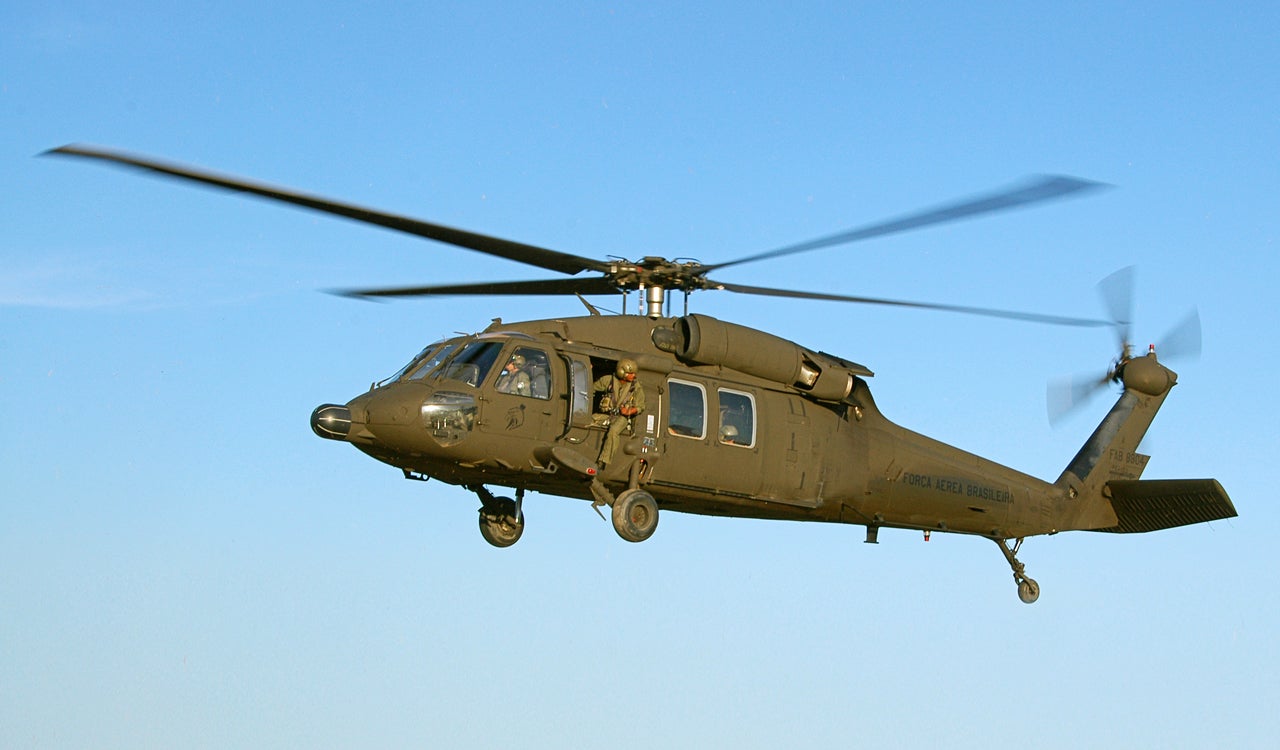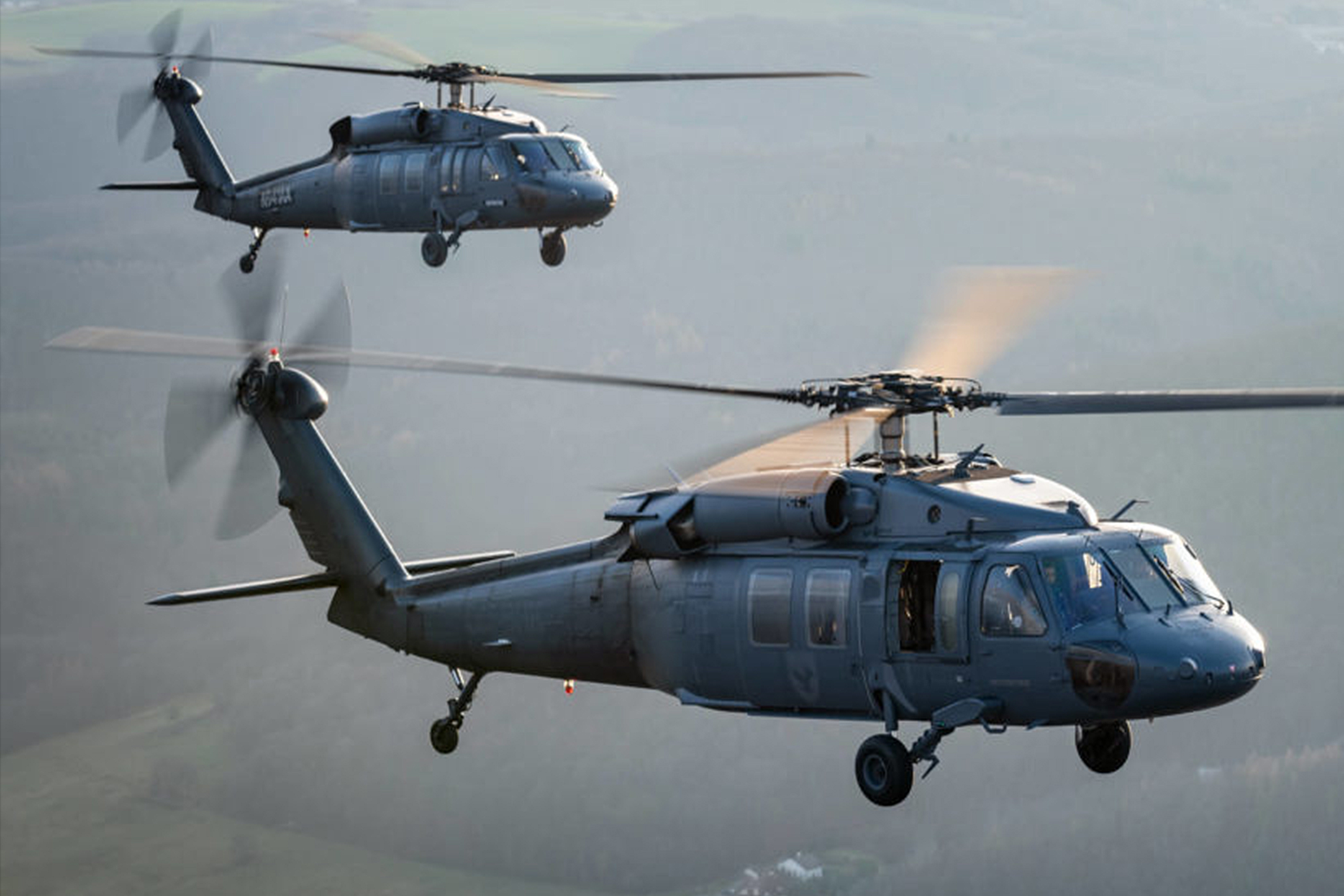The Effect of Sustainable Practices on the Future of Aircraft Workflow and Emissions Reduction
As the aeronautics market encounters enhancing scrutiny over its ecological impact, the adoption of lasting practices becomes a crucial pathway toward future aircraft procedures and discharges decrease. Technologies in lasting air travel gas and advancements in hybrid propulsion innovations stand at the leading edge of this makeover, appealing substantial reductions in greenhouse gas exhausts. Nevertheless, the successful combination of these initiatives depends upon a range of variables, consisting of governing frameworks and sector partnership. The concern stays: just how will these advancing practices reshape the dynamics of air travel and contribute to a much more sustainable future?

Review of Lasting Practices
Lasting methods in airplane operations encompass a variety of methods intended at minimizing ecological impact while preserving operational efficiency. These practices are essential in the aeronautics market's dedication to decreasing its carbon footprint and sticking to worldwide environmental standards. Key initiatives consist of optimizing trip courses to reduce fuel consumption, enhancing upkeep procedures to guarantee airplane run at peak effectiveness, and executing advanced modern technologies such as winglets and lightweight materials that boost the rules of aerodynamics.

Educating and involving staff on sustainability techniques likewise play a vital duty, fostering a culture of environmental obligation within companies. Overall, the combination of these lasting methods not only helps in reducing emissions yet also improves the long-lasting viability of the aeronautics industry, guaranteeing it satisfies the needs of both clients and regulative bodies while adding to international sustainability objectives.
Innovative Fuel Alternatives
Various cutting-edge gas alternatives are emerging as crucial solutions to decrease the air travel market's dependence on traditional fossil fuels. Among these choices, Sustainable Air travel Fuels (SAFs) have actually obtained significant attention because of their possible to decrease lifecycle greenhouse gas discharges by up to 80% contrasted to standard jet gas. SAFs are stemmed from numerous feedstocks, consisting of waste oils, agricultural deposits, and also algae, making them a flexible option for the industry.
An additional encouraging choice is hydrogen gas, which, when made use of in fuel cells, generates just water vapor as a result. In addition, electric propulsion systems are being discovered, leveraging battery modern technology to power airplane.
Last but not least, biofuels derived from biomass are being explored, using an eco-friendly option that can be combined with standard fuels. Jointly, these ingenious fuel choices represent a critical action toward attaining a sustainable aeronautics environment, aligning with international emissions reduction targets and enhancing the market's ecological stewardship.
Technological Improvements in Aviation

Just how can technological developments improve the future of aeronautics? Innovations such as electric and hybrid propulsion systems are at the leading edge, encouraging substantial decreases in fuel consumption and greenhouse gas emissions.
Furthermore, the implementation of innovative materials, such as light-weight composites, adds to improved the rules of aerodynamics and fuel performance. Using fabricated intelligence and artificial intelligence in trip operations maximizes route preparation and reduces fuel melt by allowing real-time changes based on weather condition and traffic conditions. In addition, the development of self-governing and from another location piloted aircraft systems stands to reinvent freight and traveler transport, potentially raising effectiveness while decreasing human mistake.
In addition, sustainable air travel technologies, consisting of advanced air website traffic monitoring systems, Find Out More can decrease and enhance operations congestion, resulting in reduced exhausts during flight. These developments collectively stand for a standard change in aeronautics, promising a future where sustainability and operational efficiency are intertwined, thus sustaining the market's dedication to lowering its ecological influence.

Governing Structure and Compliance
Because of the growing emphasis on ecological stewardship within the aviation sector, the regulative framework regulating aircraft operations is progressing to advertise sustainable practices. Governing bodies, you could check here such as the International Civil Air Travel Organization (ICAO) and different nationwide air travel authorities, are presenting rigid guidelines focused on minimizing emissions and improving operational effectiveness.
These policies usually include the fostering of Lasting Aviation Gas (SAF), which has been acknowledged as a key part in achieving reduced carbon impacts. Moreover, conformity with these policies needs airlines to execute functional practices and innovative technologies, such as enhanced trip courses and improved air web traffic management, to reduce fuel intake.
In addition, the enforcement of emissions trading plans and carbon offsetting efforts is ending up being progressively widespread, compelling airline companies to check and report their discharges properly. Non-compliance can cause substantial fines, therefore pushing drivers to focus on sustainability in their business models.
Eventually, the developing regulative landscape not just drives advancement and financial investment in eco-friendly modern technologies yet additionally promotes a culture of accountability within the aviation sector. As these structures remain to create, the emphasis on sustainable methods will be integral to achieving the field's lasting environmental objectives.
Future Fads in Aircraft Operations
As the aeronautics market adapts to a progressively rigid regulative environment, future fads in airplane operations are readied to focus on innovative solutions that better boost sustainability and effectiveness - uh 60. Key growths will likely consist of the adoption of innovative air web traffic administration systems, which utilize real-time information and expert system to maximize flight courses, minimizing fuel intake and discharges
Another significant pattern is the enhanced integration of lasting air travel gas (SAFs) These options to conventional jet gas, stemmed from renewable sources, can considerably reduce lifecycle greenhouse gas emissions. The market's commitment to SAFs will likely speed up as airlines team up with gas producers to make sure look at this web-site availability and cost-effectiveness.
In addition, the push towards electrification and crossbreed propulsion systems is acquiring energy. Emerging aircraft layouts will integrate these modern technologies, using quieter and extra efficient procedures, specifically for short-haul flights.
Final Thought
Finally, the combination of lasting practices in aircraft procedures holds substantial potential for discharges decrease and boosted efficiency. The adoption of sustainable aviation fuels, paired with improvements in hybrid and electrical propulsion systems, is important for lessening lifecycle greenhouse gas exhausts. Furthermore, enhancing flight courses and welcoming innovative modern technologies add to a quieter and more eco pleasant aeronautics field. Jointly, these initiatives line up with worldwide sustainability goals and lead the way for a greener future in aviation.
Advancements in sustainable aviation fuels and improvements in crossbreed propulsion technologies stand at the center of this improvement, appealing significant decreases in greenhouse gas exhausts.Various innovative fuel choices are emerging as essential remedies to reduce the aviation sector's dependence on conventional fossil gas - uh 60. Among these choices, Lasting Aviation Gas (SAFs) have obtained considerable attention due to their possible to reduce lifecycle greenhouse gas emissions by up to 80% compared to standard jet fuels.An additional substantial pattern is the increased assimilation of lasting aeronautics gas (SAFs) The fostering of sustainable aeronautics fuels, paired with innovations in electric and hybrid propulsion systems, is vital for reducing lifecycle greenhouse gas exhausts